Spray foam insulation for attics. More costly than traditional forms of insulation used in the attic but the long-term cost of spray foam should be considered. Removal of of existing insulation debris we do not remove contaminated insulation We install the hybrid combination of closed cell spray foam for the air vapour barrier plus cellulose insulation or spray foaming the roof deck to bring attic space inside the building envelope. Spray foam insulation isnt a food source or inviting place to nest for pests that can get into the attic.
The insulation reduces wildly high temperature spikes and so the attic becomes a conditioned part of the home like any other room. Nothing unusual about that. Spray polyurethane foam SPF is a specific type of spray-applied plastic that is widely utilized to function as insulation to buildings and seal cracks and gaps this will ultimately help to create a more energy-efficient and comfortable building.
Part of the reasons for that high figure is that spray foam doesnt settle or sag after a while as. Spray foam insulation is versatile and can be used to insulation your roof loft walls and floor. It must be installed by a professional.
Ventilation is not needed in attics with spray foam insulation because sealed attics that have spray foam applied on the underside of the roof sheathing the attics ceiling should be airtight ie they are thermally and physically closed off from the. It stops all air and moisture from coming in through the roof. Spray foam expands on application filling gaps and sealing air leaks in the attic walls and roof.
Spray foam is too complicated for a DIY attic project for the attic. Spray foam is an ideal choice for unvented attics because it acts as an insulation and air barrier and most importantly it sticks to the surface where it is applied. A lot of builders and homeowners are going with spray foam insulation because of the airtightness benefits.
Spray Foam Attic Insulation Cons. When spray foam is installed on the underside of the roof deck the attic space is insulated from heat that otherwise would be entering the attic. Spray Foam Attic Insulation Spray foam offers the best attic insulation performance available.
Useful in attics spray foam can be applied directly to either the floor to insulate the house below or the underside of the roof to insulate the attic. It can be sprayed into an open cavity like in new construction crawl spaces attics and rim joists.
Spray foam insulation isnt a food source or inviting place to nest for pests that can get into the attic.
Energy Saver discusses. Spray polyurethane foam SPF is a specific type of spray-applied plastic that is widely utilized to function as insulation to buildings and seal cracks and gaps this will ultimately help to create a more energy-efficient and comfortable building. They sport insulation values of approximately R-65 and R. Closed-cell and open-cell aka 2-pound and ½-pound respectively. Spray foam insulation is versatile and can be used to insulation your roof loft walls and floor. A lot of builders and homeowners are going with spray foam insulation because of the airtightness benefits. Energy Saver discusses. A high R-value means that the material is better for insulation. When spray foam is installed on the underside of the roof deck the attic space is insulated from heat that otherwise would be entering the attic.
Closed-cell and open-cell aka 2-pound and ½-pound respectively. Energy Savers On the Job series Larry Janesky founder of Dr. Spray polyurethane foam will provide thermal insulation that will minimize air infiltration which can help to save on heating and cooling costs within the indoor environment. Spray Foam Attic Insulation Cons. A two-component mixture composed of isocyanate and polyol resin comes together inside the tip of the gun and forms and expanding foam that can be sprayed into roofing material in attics wall cavities and foundation areas such as rim joists and crawl spaces. Energy Saver discusses. It stops all air and moisture from coming in through the roof.


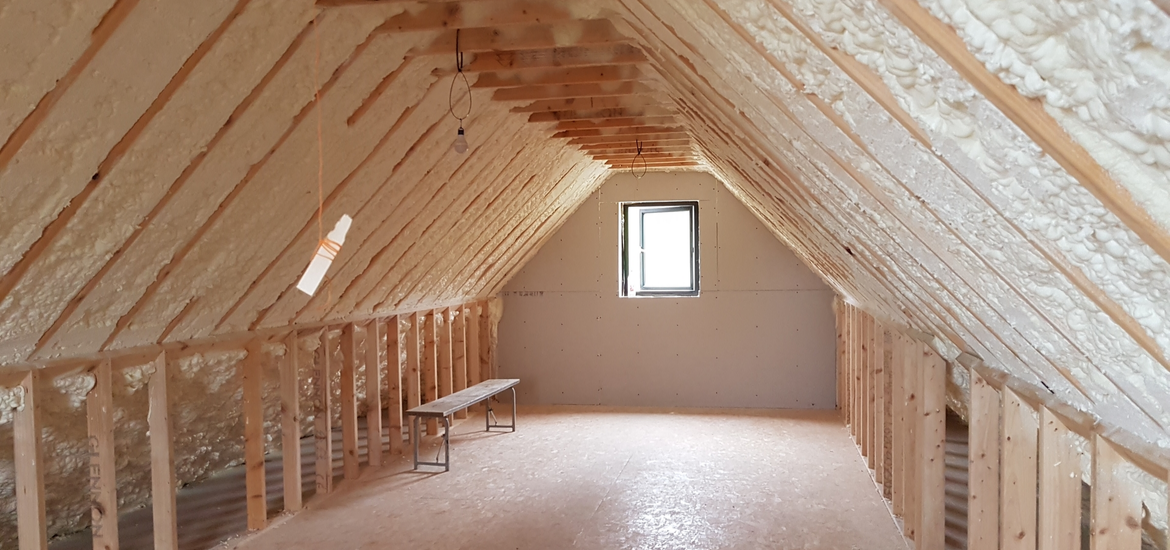





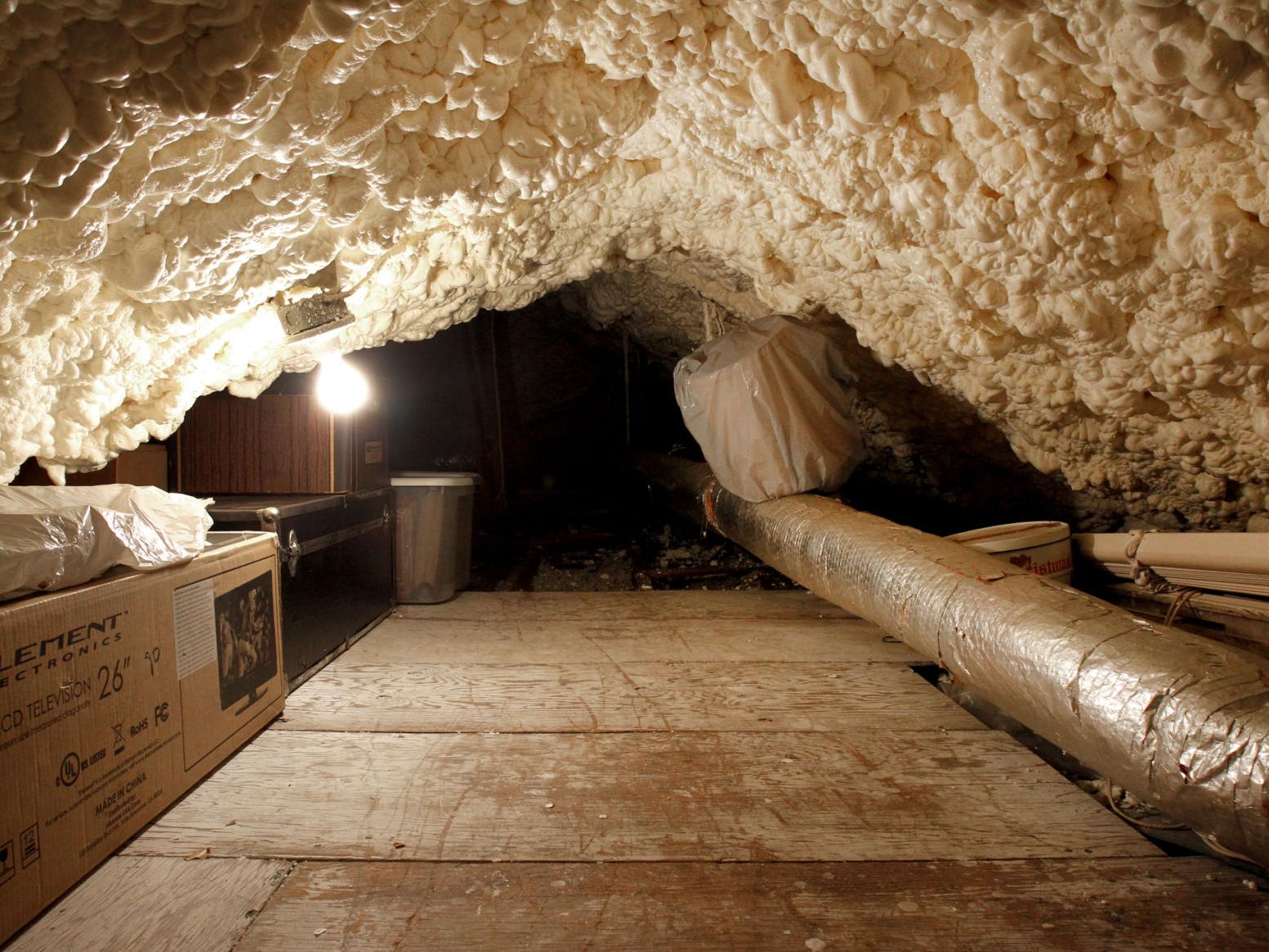

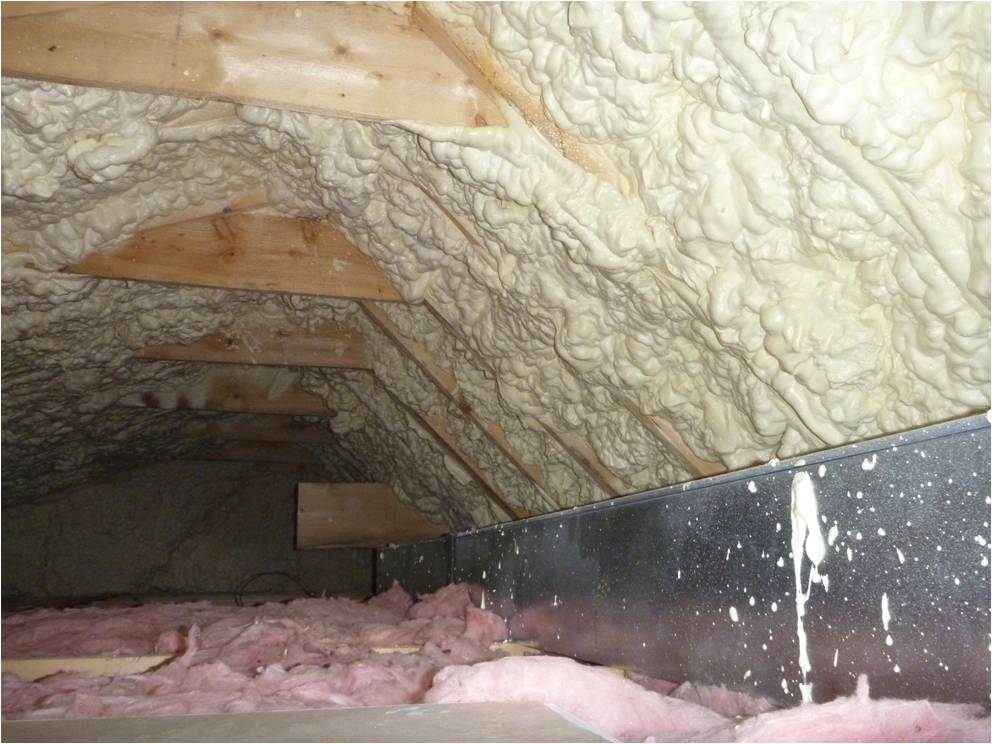
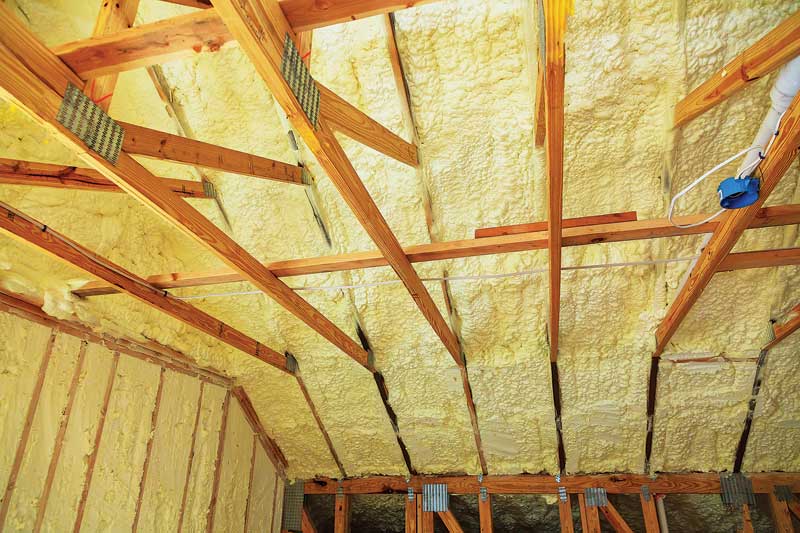




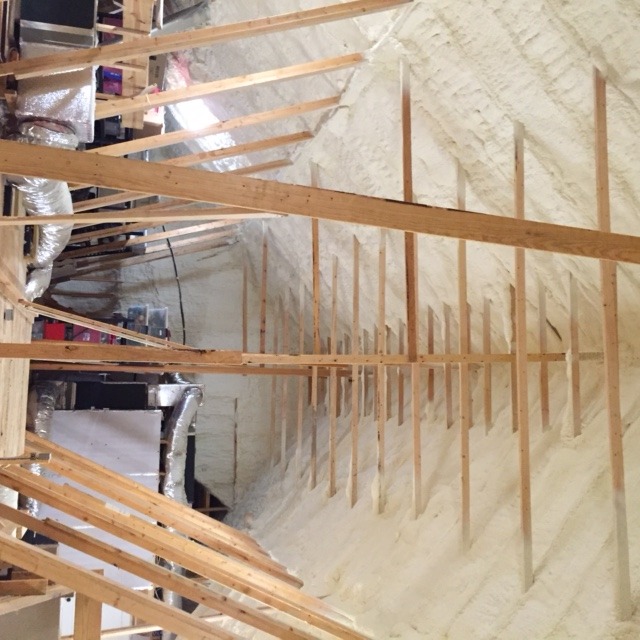



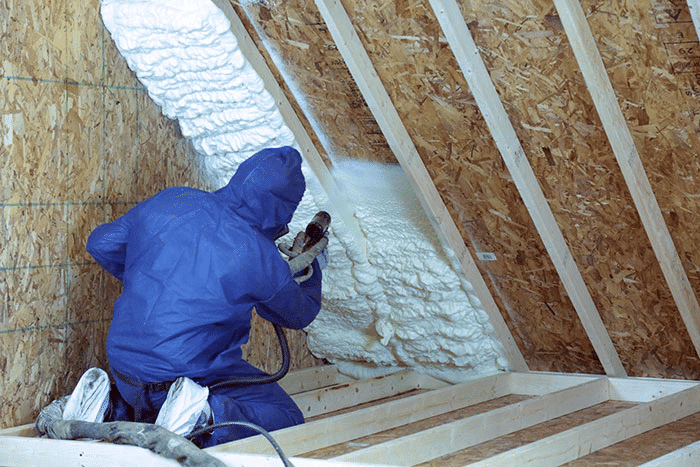


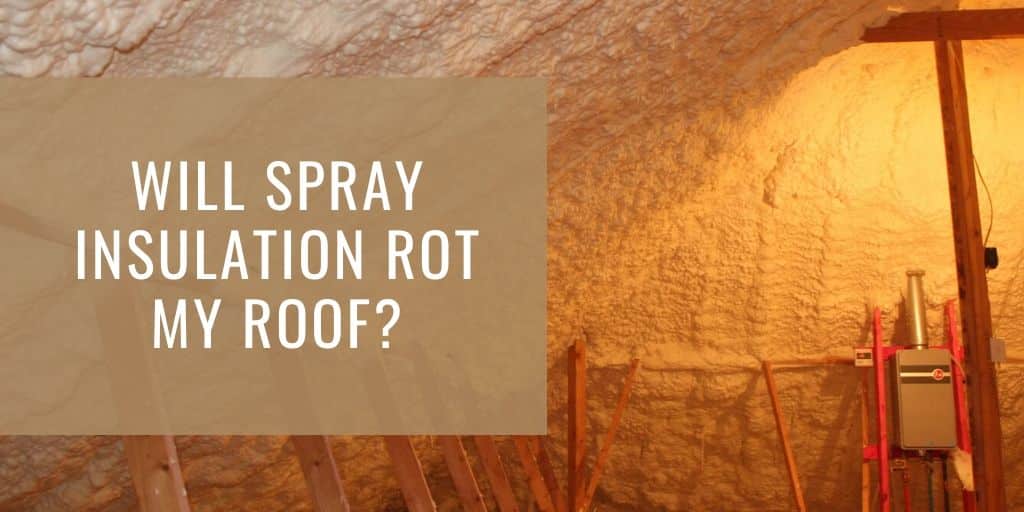
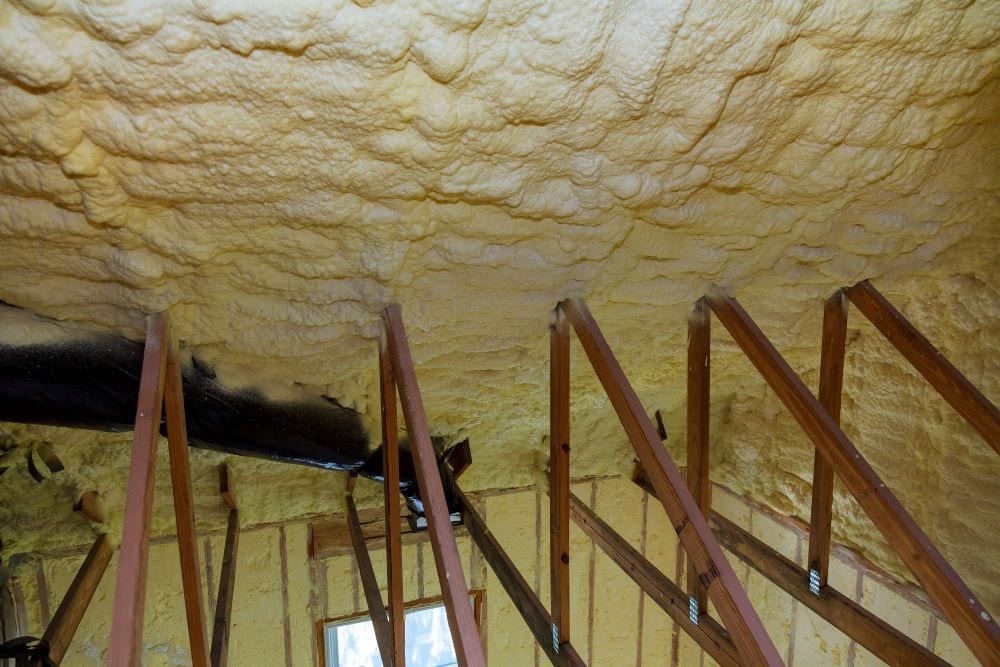
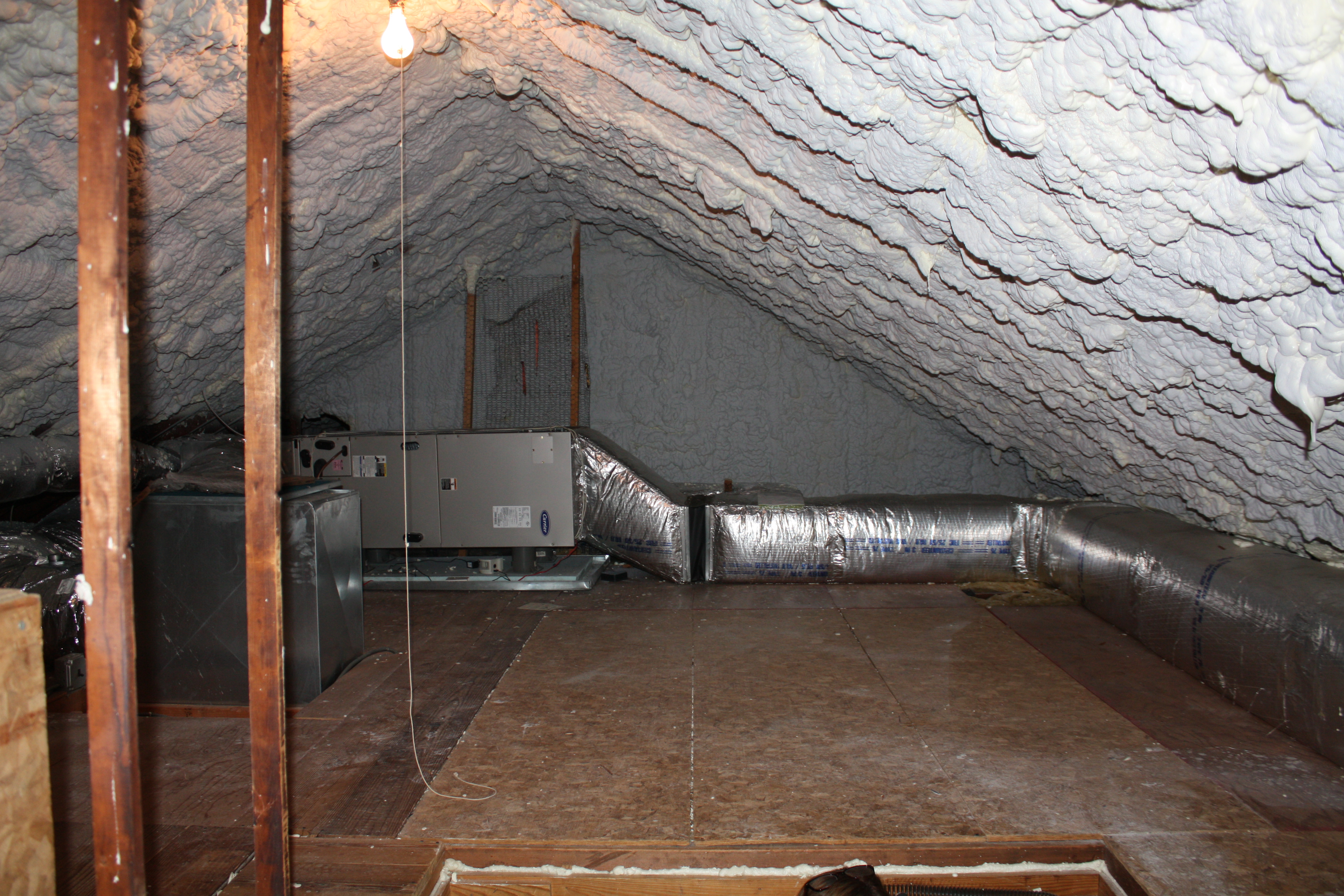

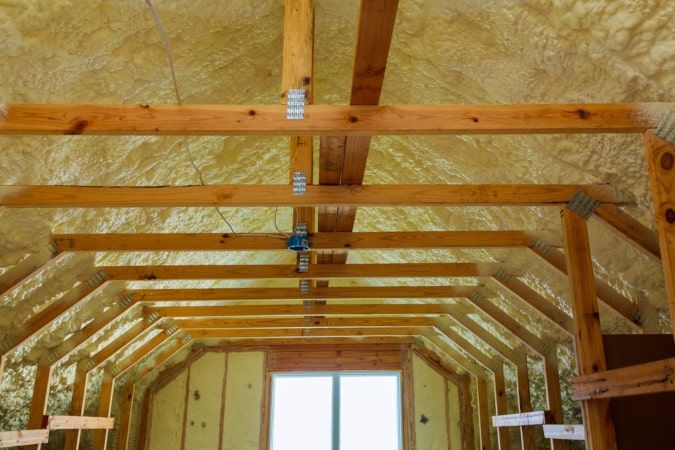
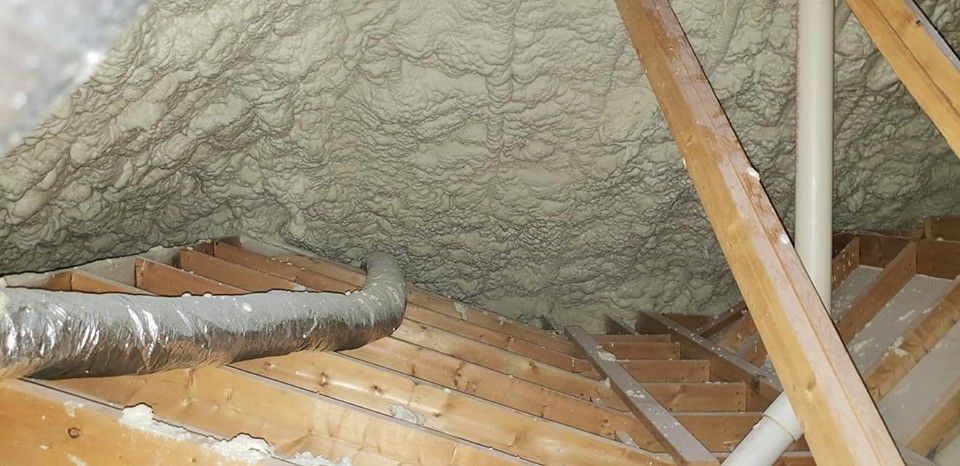

/cdn.vox-cdn.com/uploads/chorus_asset/file/19518627/07_attic_2015.jpg)

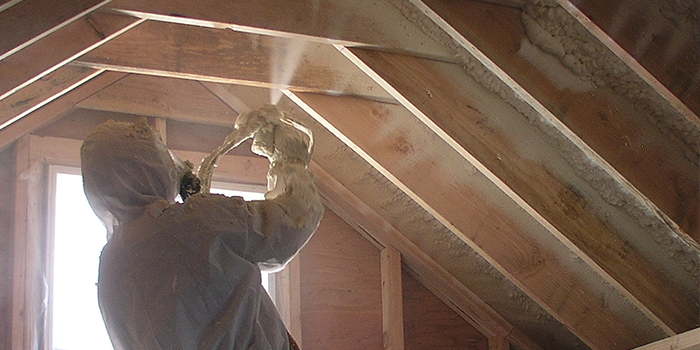
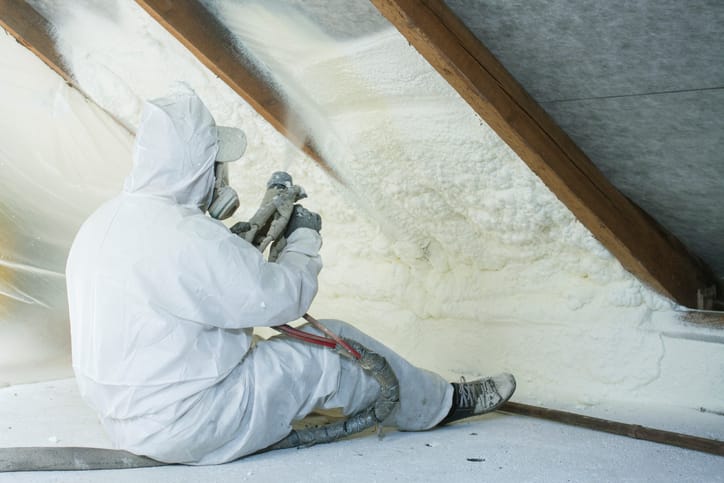
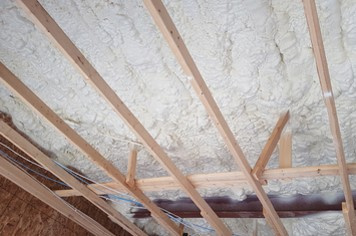



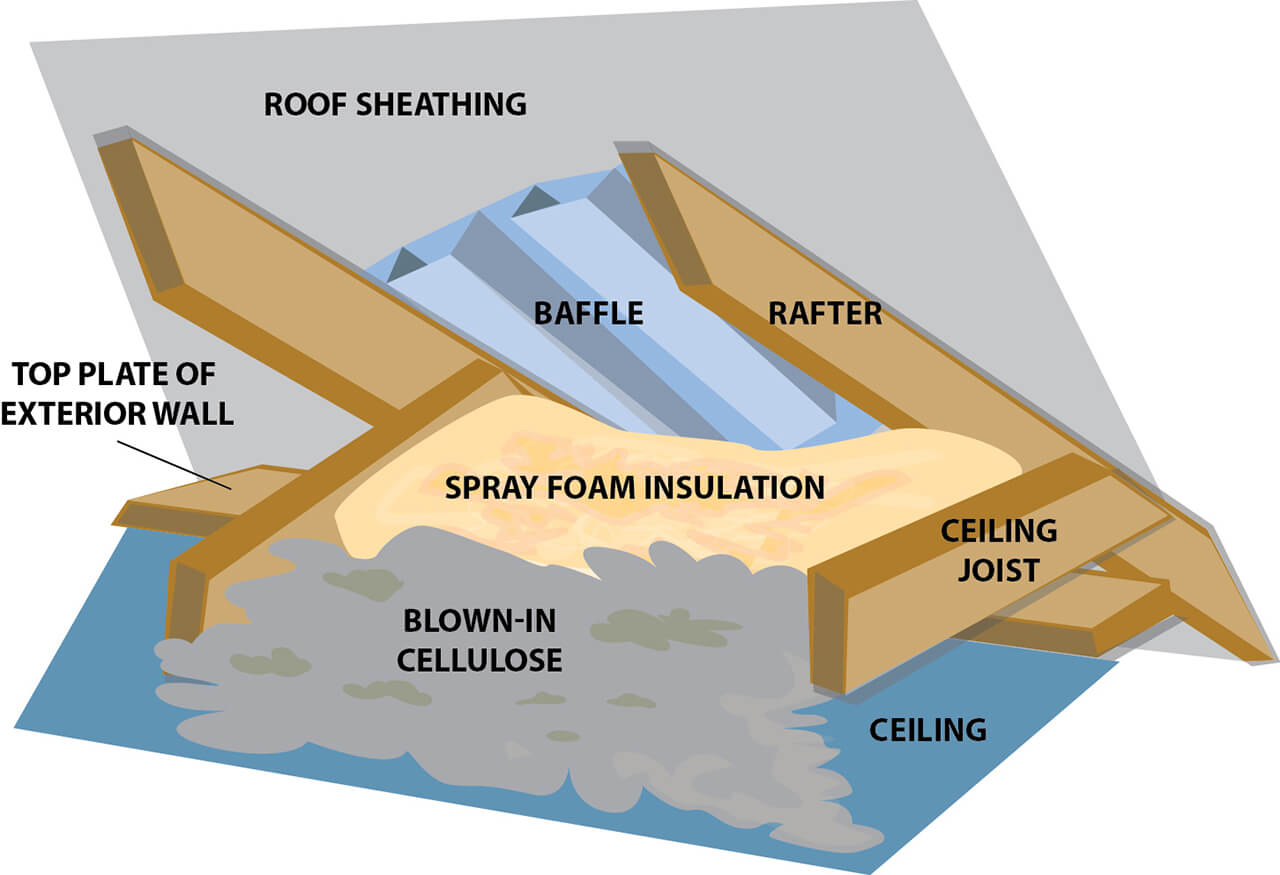
/cdn.vox-cdn.com/uploads/chorus_image/image/66352119/Attic_iStock_174634023.7.jpg)



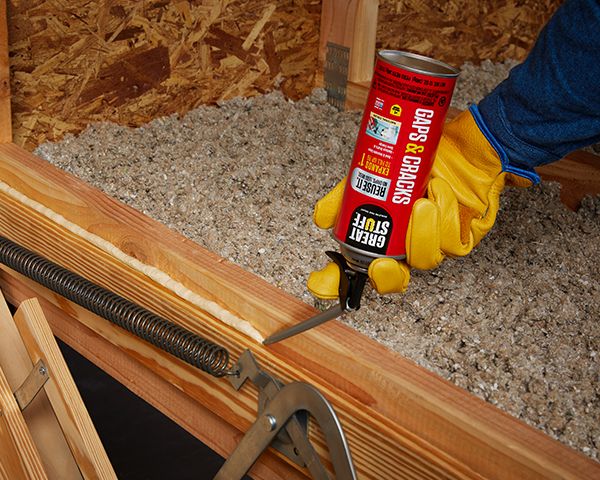
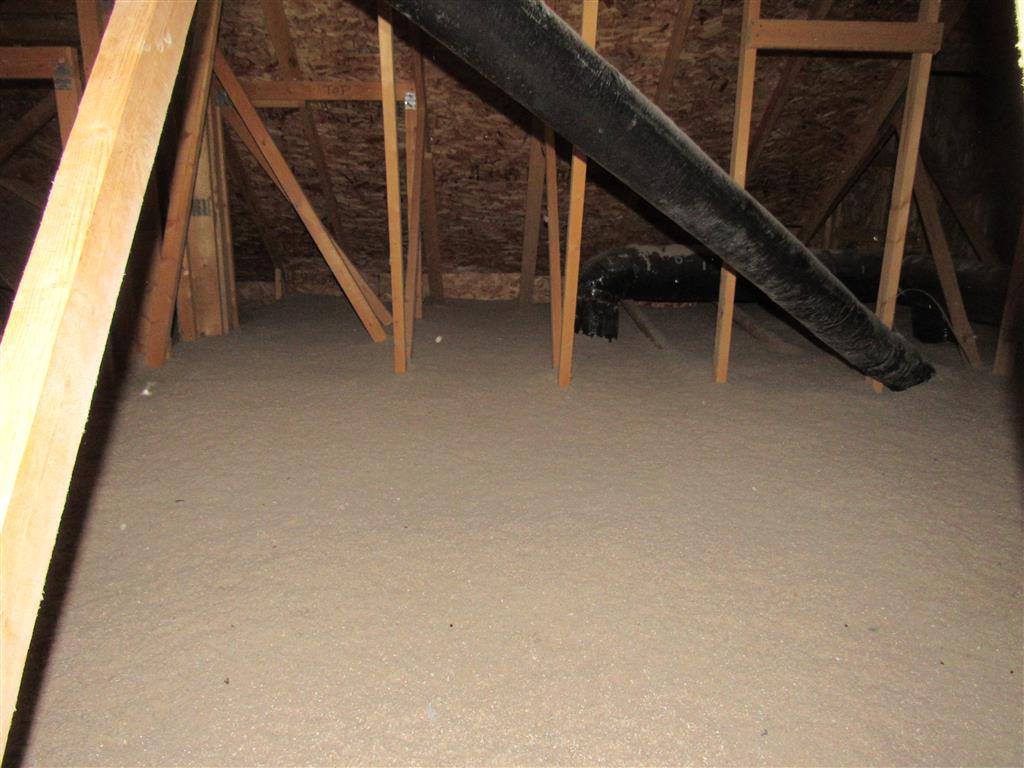

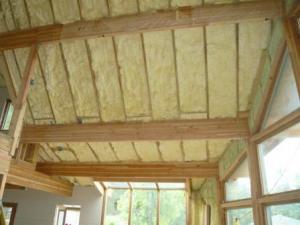


.jpeg)

0 Yorumlar